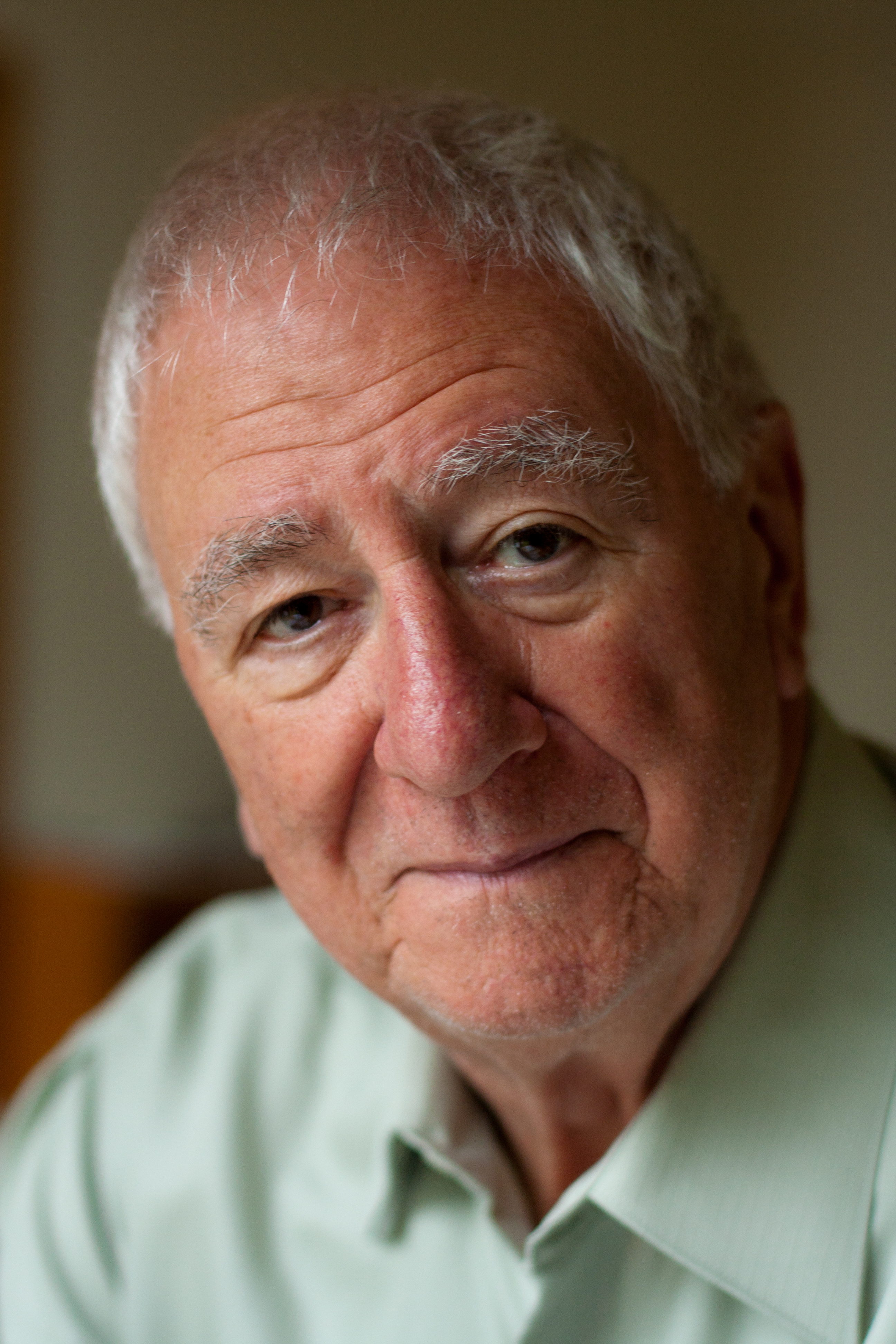 |
| Bernard Rands |
Marc Satterwhite has taught in Texas, Indiana, and Michigan, and is currently Professor of Composition and Music Theory at the University of Louisville School of Music. His music has been heard around the world, from Japan and South Korea to England and Latin America, and has been performed and recorded by several notable ensembles, including the Boston Symphony, Utah Symphony, Eighth Blackbird, Pittsburgh New Music Ensemble, Verdehr Trio, the London Composers Ensemble, and Percussion Group Falsa.
 |
| Marc Satterwhite |
Satterwhite began his musical career as a bassist, studying the instrument at Michigan State University and playing full-time in the Orquesta Filarmónica de la Ciudad de México. After deciding to pursue composition, he enrolled at Indiana University, where he studied with John Eaton and served as a research assistant to George List, one of the pioneers of the field of ethnomusicology.
As a composer, Satterwhite emphasizes adept instrumental writing, his music featuring elaborate gestures and fine textural subtleties which often outline familiar teleological narratives. "I am most interested in music which has an immediate emotional appeal, but which is also intellectually stimulating enough to bear up to repeated hearings. I tend to prefer music which is goal-directed, with clear buildups, climaxes, and dénouements." His output is quite varied, ranging from large-scale works for orchestra or wind ensemble (including a 3-hour opera, Akhmatova, composed in 2000), to more compact chamber pieces and solos, like his Spiky Epiphanies for piano trio, or the dramatic solo 'cello work, Witnesses of Time:
Despite this varied oeuvre, Satterwhite's compositional voice is fairly consistent. "Although I love a great deal of music which is on the lighter side, my own music is, with some notable exceptions, usually pretty serious. This has always been true, and is generally true of my tastes in the other arts as well. I usually prefer Shakespeare's tragedies to his comedies, I like sad songs more than happy ones-and so on." Satterwhite's solemn, often elegiac approach can be heard clearly in his recent orchestral composition, Icons, which was partly inspired by Roman Catholic reliquaries—containers made to house relics of saints. "The incongruousness of a few bone fragments housed in such a splendid piece of art struck a deep chord in me. Despite its beauty, it still had a definite aura of the macabre and bizarre for me. […] I have attempted to recreate some of the beauty and mystery of such objects, but I will confess that it's really more about the darker images these creations conjure up for me."
Be sure to catch both of these skilled and highly-reputed composers during their visits in the coming weeks!



